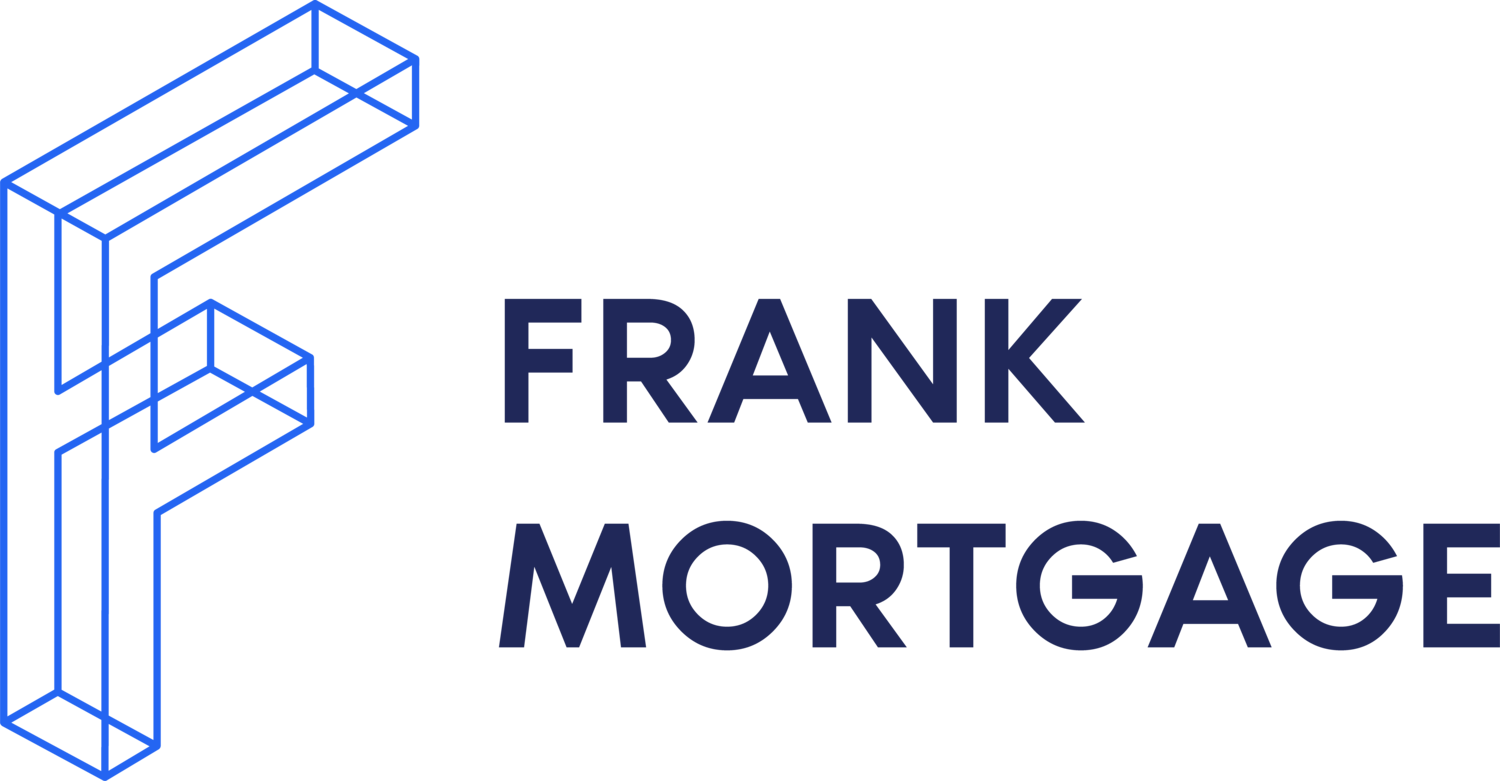The Bank of Canada Raised Rates Again
What Does This Mean for the Mortgage Market?
The Bank of Canada raised their overnight rate by 50 basis points (bps) this morning, from 3.25% to 3.75%. More importantly, they have taken a softer tone toward future hikes.
While saying that future rate hikes are still likely necessary, the BoC adds that they will evaluate future hikes based on what they are seeing in the market. This is not the reversal or pivot that many hoped for, but perhaps it is the first sign that the beginning of the end of this rate hiking cycle is near. It is hard to be certain, the BoC has abruptly changed course in the past and may do so again in the future, but the damage being done is real and the BoC is at least acknowledging that.

What is the Immediate Impact on the Mortgage Market?
Canadian bank prime rates will be increased right away. This will result in an increase in variable mortgage rates. While the numbers are significant, it is important to note the potential impact on sentiment. Some may see the softening tone as a positive, but today’s announcement is not a pivot away from elevated rates, or even further rate hikes. Under the pressure of higher rates without a resolution insight, market participants remain engulfed in a negative tone.
Adjustable-rate mortgage holders will see their payments increase once again. More variable-rate mortgage holders that have a static payment will hit their trigger rates. This will cause many to increase their payments voluntarily to keep their mortgage amortizing. Those that can’t do this will see their mortgage amortization increase, leading to an unpleasant and costly mortgage renewal when that time comes.
The continuing increase in the cost of borrowing will keep many homebuyers on the sidelines. The continuing uncertainty about the direction of both the economy and interest rates should further contribute to the softening in consumer spending and decline in housing activity.
Variable Mortgage Rates
One year ago today, the best insured five-year variable mortgage rate was 0.95%. This morning it was 4.25%. Now, after the Bank of Canada announcement, it will be closer to 4.75%. The negative effects of this dramatic change are just starting to be felt. There is no relief in site for variable-rate mortgage holders. With mortgage budgets stressed beyond prior estimation, many are struggling to maintain their homes.
The consensus is that the Bank of Canada’s terminal rate is 4.50%. This is the rate that, once reached, analysts believe the Bank of Canada will stop raising rates. This means another 75bps increase, which would move the best five-year variable mortgage rates up to 5.50%. There is more pain to come if analysts are correct.

Fixed Mortgage Rates
All lenders have recently raised their five-year fixed mortgage rates. The best rates today are 4.99% for an insured mortgage, and 5.54% for an uninsured mortgage. The gap between variable mortgage rates and fixed mortgage rates is closing.
The Bank of Canada announcement included statements that indicated it believes that “economic growth will stall through the end of this year.” This has resulted in the five-year Canada bond rallying, with yields down approximately 25bps a few hours after the announcement. Let’s hope that leads to some easing in fixed mortgage rates.
It is Duration That Matters
The damage being done by high interest rates will not be dramatically altered by this rate increase nor the next. This higher rate environment is already here and is placing many households under stress. The impacts will play out over time. Current mortgage borrowers face increasing costs and uncertainty about their ability to afford their mortgage financing going forward. New home buyers are increasingly moving to the sidelines as the cost of borrowing ramps up. The BoC has been successful in dampening housing market activity.

While the Bank of Canada predicts lower inflation by the end of next year, that is no guarantee that this elevated interest rate environment is not here to stay. Further rate increases will add to the pain, but the extent of the damage done to the housing and mortgage markets is now entirely dependent on the duration of this higher rate cycle. Higher borrowing costs reduce purchasing power and housing sellers will need to face that reality if this continues. Stressed borrowers need to maintain their cash flow and direct more resources to maintaining their homes. A weakening economy and extended high-rate environment both threaten their ability to do so.
The market has not yet been able to take stock and reset. Too many things are moving, and the Bank of Canada announcement today is another such move. They did not increase by 75bps as was widely expected. What does this mean in the short-term? Make your best guess, but probably not much. The greater question is how long will this last? Not just the high rates, but the uncertainty of the direction of the economy, the housing market and interest rates. The longer it takes to play out, the more pain for us all.
About The Author

Don Scott
Don Scott is the founder of a challenger mortgage brokerage that is focused on improving access to mortgages. We can eliminate traditional biases and market restrictions through the use of technology to deliver a mortgage experience focused on the customer. Frankly, getting a mortgage doesn't have to be stressful.
Related Posts



Mortgage Brokerage Licensed in Ontario (#13204), British Columbia, Alberta, Saskatchewan (#514115), Manitoba, Nova Scotia, Newfoundland & Labrador, and New Brunswick (#230015752).
© Frank Mortgage 2025 | All Rights Reserved



